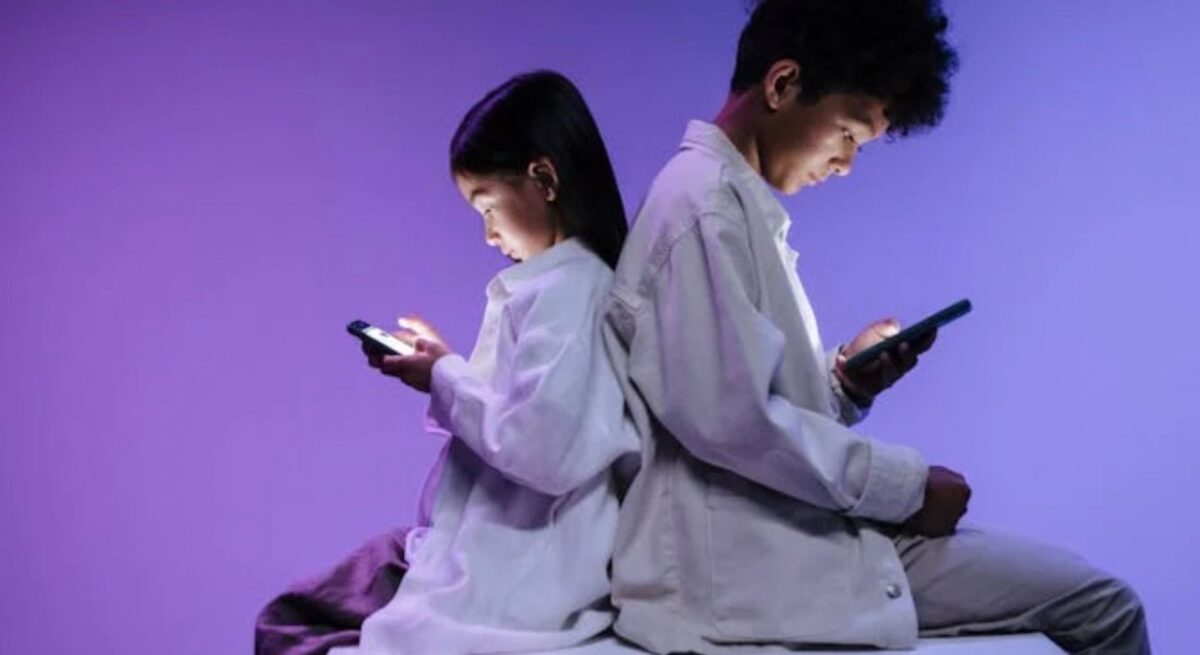Australia has enacted a law that bans social media usage of children under 16, marking jurisdictions worldwide with one of the strictest regulations targeting Big Tech.
From Meta-owned social media platforms to ByteDance platform TikTok, the law enforces tech giants to stop minors from logging in, where violators will face fines of up to A$49.5 million (almost P2 billion).
The Social Media Minimum Age Bill serves Australia as a test case for an increasing number of governments that have legislated or planned to legislate an age restriction on social media amid mental health effects concerns on young people.

Several countries, like France and a few U.S. states, have passed laws that restrict minors from having access without parental permission. However, the Australian ban is absolute.
Social media users shared their divided reactions and concerns on various social media platforms.
“This new legislation in Australia marks a significant step towards protecting children from the potentially harmful effects of social media 😊,” one social media user from Facebook said.
Another Facebook user said, “This is the best decision that should be followed [by] other countries too.”
Though the enactment of the law garnered tons of positive and supportive responses, some social media users are skeptical of how the ban will be enforced.
“The ban is stupid. the government wants people to prove they’re over 16 by submitting details that prove you are over 16, such as your license. every social media account you have will be directly linked to you. they want your details linked to everything so they can harvest data,” one social media from X (formerly known as Twitter) user said.
Another X user said, “So a 15 year old legally can’t text in the family group chat but can serve full adult time in jail okay.”
“Look, I’m all for the ban, but realistically I don’t think it’s possible unless you implement [an] ID/facial recognition feature, which is an absolute no-no. The best idea would be to ban anyone who calls themselves out immediately; the stupid ones do that all the time,” a third X user said.
A trial of methods will start in January to enforce the law, with the ban to take effect in a year.
Other POP! stories you might like:
Cambridge Dictionary and Dictionary.com reveal their ‘2024 Word of the Year’
EDSA Shrine Rector addresses unexpected surge in visitors and alleged disruptions
World’s oldest man passes away at age 112
Dan Schneider permitted to file a defamation lawsuit over ‘Quiet on Set’ documentary
Red Velvet’s Wendy goes viral for her vocal coaching on new survival show